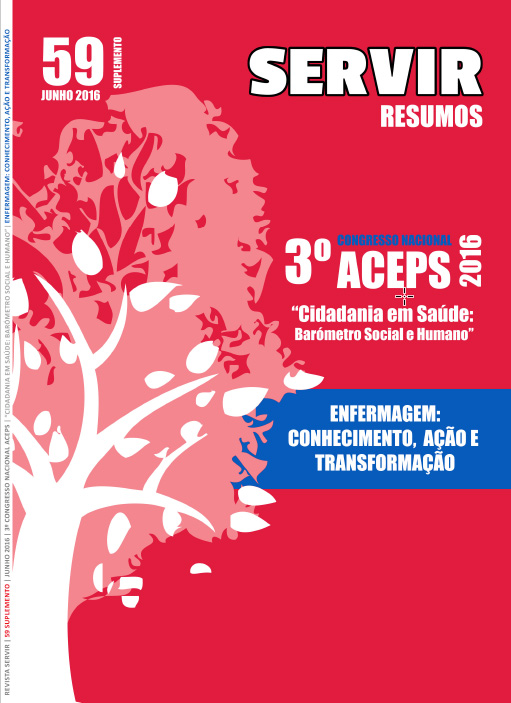Salt consumption, sugar, herbs and spices
DOI:
https://doi.org/10.48492/servir0259.23203Keywords:
Food habits, Salt, Herbs, SpicesAbstract
Introduction
Currently the scientific knowledge on the therapeutic properties of herbs confirms the benefits of their consumption on health, providing evidence to the modern academy about its medicinal value in the prevention of diseases. Herbs and spices not only provide flavor and color to food but also they are increasingly gaining more notoriety as a condiment and a seasoning, being its use recommended as a good substitute for salt.
Objectives
To evaluate the consumption of salt, sugar, herbs and spices by Portuguese citizens.
Methods
A cross-sectional descriptive study was conducted on a sample of 508 adult participants (52.2% men and 47.8% women) aged between 18 and 93 years old (mean 44.48 years ± 21 SD), living in central and northern Portugal.
Results
Results revealed that:
- 49.4% (16.9% men and 32.5% women) of people consumed salt in amounts greater than 5 g per day; 28.3% consumed ≤ 5 g / day and 15.7% did not add any salt to food;
- The sugar intake was adequate in 9% of people but 7.2 admitted they ingested it too much;
- The spices were consumed by 59.6% of the interviewed people, with a preference on chillies (39.8%).
- Herbs were consumed by 73,6% (69.4% men and 78.2% women), with preference on parsley (57.3%);
- The favorite places to grow herbs were the yards (39.2%) and the gardens (20.5%);
Conclusions
The results show there is a high number of interviewed people that add salt to their food, denoting a high salt intake habit. Alongside to this fact, the consumption of herbs and spices is also growing.
In order to prevent the adverse effects of free salt intake, as positive studies confirmed, there is the need for further intervention on the subject, promoting food education and healthy eating habits, based on the good use of Mediterranean diet.
Downloads
Downloads
Published
How to Cite
Issue
Section
License
In order to promote the free circulation of knowledge, Servir is open access journal. All its content is available and protected under the Creative Commons license (CC BY 4.0).
The journal allows self-archiving in institutional repositories of all versions, which may become immediately available


